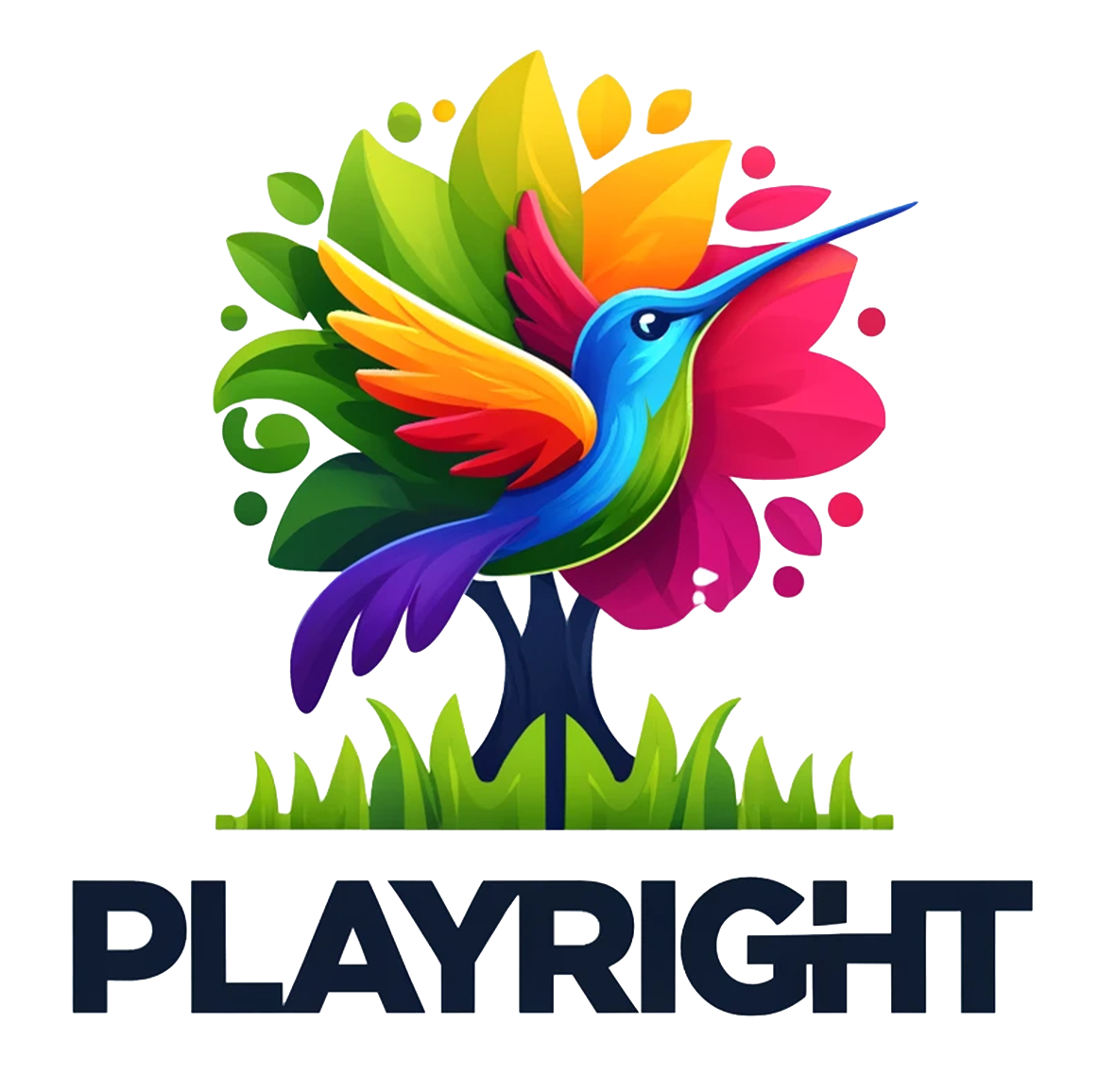Services for Special Needs Children to Help Them Thrive
The profound difference that targeted support and resources can make in the lives of children with special needs, and their families can not be understated. From the public school system to government-backed programs, the United States offers a plethora of services aimed at helping these children thrive. Let's explore the most common and impactful ones.
Educational Resources and Services
Individualized Education Program (IEP): Under the Individuals with Disabilities Education Act (IDEA), children with disabilities are entitled to a free appropriate public education (FAPE) tailored to their specific needs. An IEP is a plan or program developed to ensure that a child who has a disability identified under the law and is attending an elementary or secondary educational institution receives specialized instruction and related services.
504 Plans: Named after Section 504 of the Rehabilitation Act of 1973, these plans provide accommodations for students with disabilities in public schools. Unlike IEPs, which require specialized instruction, 504 plans are designed to ensure that students can fully participate in the same curriculum as their peers, with modifications or accommodations.
Early Intervention Services: Early intervention can be critical for younger children (birth to three years old). These services, often provided through state programs, are designed to help infants and toddlers with disabilities or delays to develop to their full potential. Early intervention might include speech therapy, physical therapy, occupational therapy, or other developmental services. North Carolina Program is linked here.
Government Assistance Programs
Supplemental Security Income (SSI): Administered by the Social Security Administration, SSI provides financial assistance to individuals with disabilities, including children. This program can help families manage the costs of their child's unique needs.
Medicaid and the Children's Health Insurance Program (CHIP): These government-funded health insurance programs provide coverage to low-income individuals and families, including children with special needs. They can cover various services, from routine check-ups to more specialized medical or therapeutic services.
State Developmental Disabilities Councils: Each state has a council dedicated to advocating for individuals with developmental disabilities. These councils can provide resources, support, and information on state-specific programs designed to support children with special needs and their families.
Therapeutic and Support Services
Speech and Language Therapy: These services can help improve communication skills for children with speech or language disorders, enabling them to express their needs, thoughts, and feelings more effectively.
Occupational Therapy (OT): OT helps children with special needs develop the skills necessary for everyday activities, from dressing and feeding themselves to succeeding in school tasks, as well as social skills and emotional regulation. Playright Services page.
Physical Therapy (PT): For children with mobility issues, PT can enhance strength, flexibility, and coordination, helping them to navigate their world more independently.
Recreational Therapy: Activities like therapeutic horseback riding, swimming, or arts and crafts can provide physical and emotional benefits to children with special needs, offering fun ways to develop skills and express themselves.
Parent and Family Support
Parent Training and Information Centers (PTIs): In every state, PTIs provides training and information to parents of children with disabilities on their rights and the services available to their children.
Family Support Groups: Connecting with other families facing similar challenges can provide invaluable emotional support, practical advice, and a sense of community. National Federation of Families website.
Remember
The maze of services available for children with special needs can be overwhelming for parents and caregivers. However, by tapping into these resources, families can find the support and interventions necessary to help their children succeed and thrive. Whether it's through the public school system, government programs, or therapeutic services, a wealth of support is waiting to be accessed
Kimberley Arnett-DeSimone, a career pediatric occupational therapist in Huntersville, North Carolina, authored this post.




